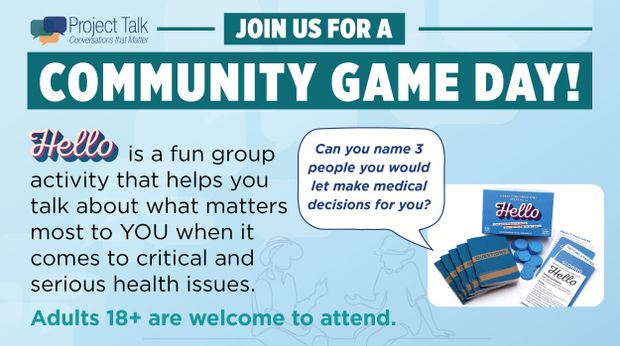In a recent documentary series titled, The Me You Can’t See, Oprah Winfrey shared the stories of people who struggle with their mental health. One of the stories she shares is that of Prince Harry who speaks about a form of therapy called EMDR (Eye Movement Desensitization and Reprocessing).
EMDR was developed in 1987 by psychologist Francine Shapiro. While walking in a park, Shapiro suspected that her eye movements were lessening the distress of her own traumatic memories.
The Quincy Medical Group (QMG) Behavioral Health team has five therapists trained in this therapy, including Tiffaney Rains-Eaton, MS, LCPC, NCC. Rains-Eaton said EMDR, like any new therapy, took time to validate, but is now used to help treat trauma, distress, and help reformulate negative beliefs.
With EMDR therapy, patients take part in several sessions during which they are asked to focus on external stimulation (visual, audio, or tactile) while internally thinking about or focusing on targeted memories or cognitions. The goal of EMDR is to reduce the distressing emotions that particular memories and triggering situations bring on.
“I frequently summarize EMDR as allowing your brain to reprocess trauma and experiences in a safe setting. The movements of the patient’s eyes are comparable to what happens to our eyes while in REM sleep (in which we dream). As we reprocess, those things become less overwhelming or debilitating. It helps remove the ‘blocks’ that many of us feel we have,” explained Rains-Eaton.
Originally utilized for PTSD, Rains-Eaton said, over time EMDR has become an effective therapy for other diagnoses as well.
“EMDR has definitely become more widely used and studied in recent years,” she shared. “The more it has been used and studied, the more leverage and recognition it has gained as being an effective treatment modality.”
Determining if you are a candidate for EMDR is a discussion to have with your therapist or provider, but Rains-Eaton said it’s important to ensure you are working with someone who is trained in EMDR therapy.
“Basically, anyone who needs to experience healing of any kind may be a potential candidate for EMDR. However, a provider needs to be trained properly and assess readiness for this treatment before anyone starts EMDR,” she said.
For more information about our Behavioral Health services, visit https://quincymedgroup.com/medical-services/behavioral-health/.
Health Topics:







